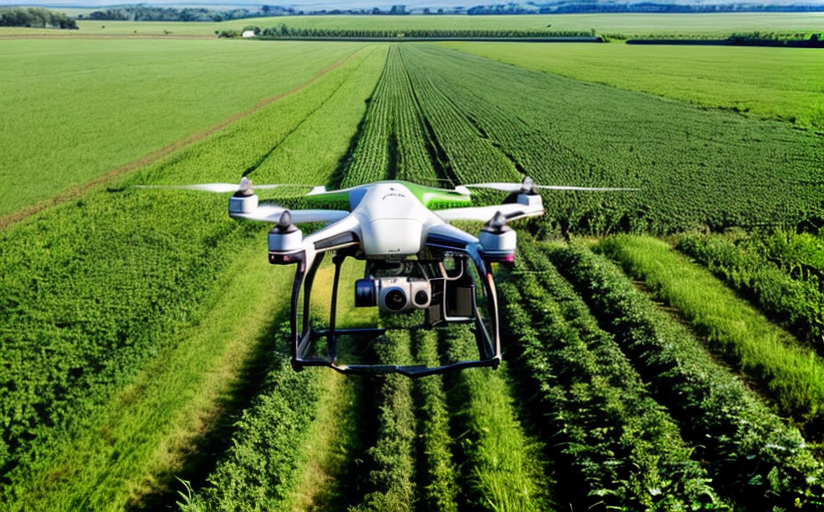The Impact of Technology on Sustainable Agriculture
Over the past few decades, technology has transformed the agriculture sector worldwide. Advanced technologies are now at the heart of sustainable agriculture and are instrumental in positively impacting food production and promoting sustainability.
Tech Innovations in Sustainable Agriculture
Multiple technologies are being employed in the agricultural sector to establish and promote sustainability. Let's explore some groundbreaking ones:
- Precision Agriculture: This innovative approach makes use of GPS, Geographic Information Systems (GIS), and Remote Sensing (RS) technology to optimize crop yields while reducing waste and negative environmental impacts.
- Hydroponics and Vertical Farming: These cutting-edge technologies involve growing plants in nutrient-rich solutions or stacking layers of crops in vertical sections, leading to more productive use of space and resources.
- Robotic Automation: Robots and drones are utilized for crop monitoring, planting, and harvesting. These automation technologies reduce labor costs, increase efficiency, and lessen environmental footprints.
- Bioengineering: This field of technology enables farmers to develop crops resistant to pests and climates, thereby enhancing food production and security.
Impact and Future Prospects
These technologies have significantly increased agricultural productivity, drastically reduced environmental impact, and significantly contributed to food security. They represent the future of sustainable farming, enabling farmers to meet the increasing food demand without compromising planet's health.
Challenges at Grass-root Level
Yet, the implementation of these technologies at the grass-root level faces numerous challenges. These mainly include high costs, lack of technical knowledge, infrastructural limitations, and cultural resistance to change.
The Role of Stakeholders
The government, private sector, and society at large play vital roles in promoting the use of technology for sustainable agriculture. Governments can encourage technology adoption by offering incentives and removing bureaucratic obstacles. The private sector can invest in research and development of new technology. Society can create an environment of acceptance for new technology by spreading awareness about its benefits and potential for positive impact.
Role of the Government
Government plays a crucial role through policy formulation, subsidies, and initiatives aimed at promoting technological advancements for sustainable agriculture.
Role of the Private Sector
The private sector contributes through advancements and innovations in technology, providing funding and support for technology adoption at various levels of agriculture.
Role of Society
Society can enhance implementation by encouraging a favourable attitude towards advanced agricultural technology, spreading awareness, and creating demand for sustainably-produced food.
Conclusion
In conclusion, today's technology is a revolutionary tool changing the landscape of modern agriculture and promising a future of sustainable and secure food production. It is imperative to collectively combat the challenges faced in adopting such technologies at the grass-root level to truly unleash the potential of technology in sustainable agriculture.


















Comments
Leave a Comment